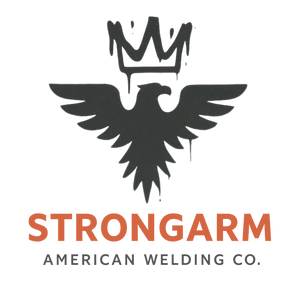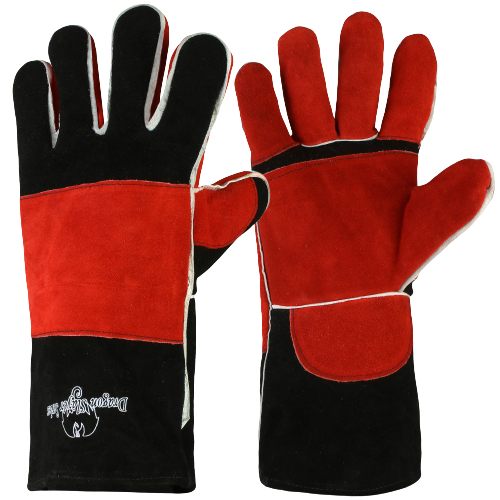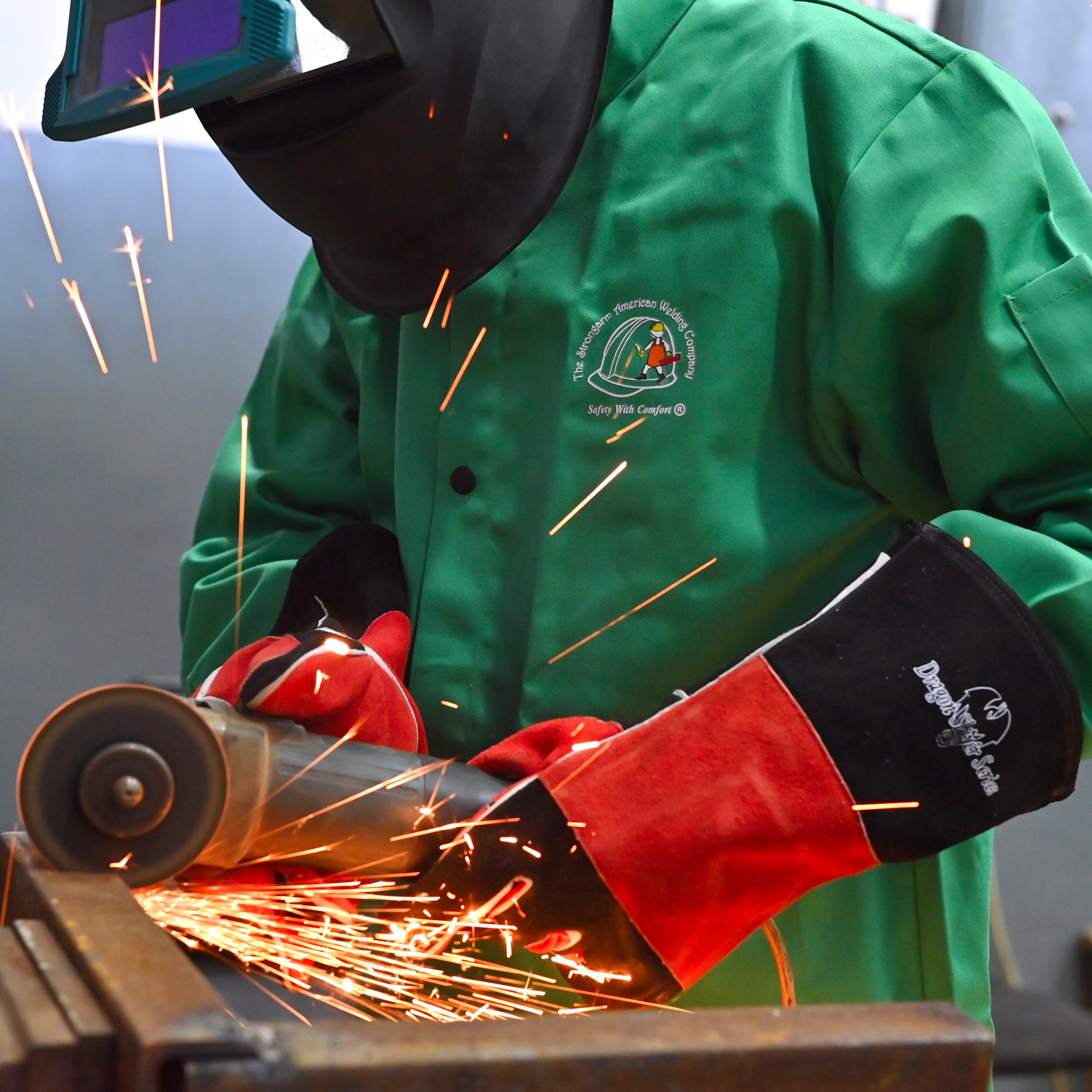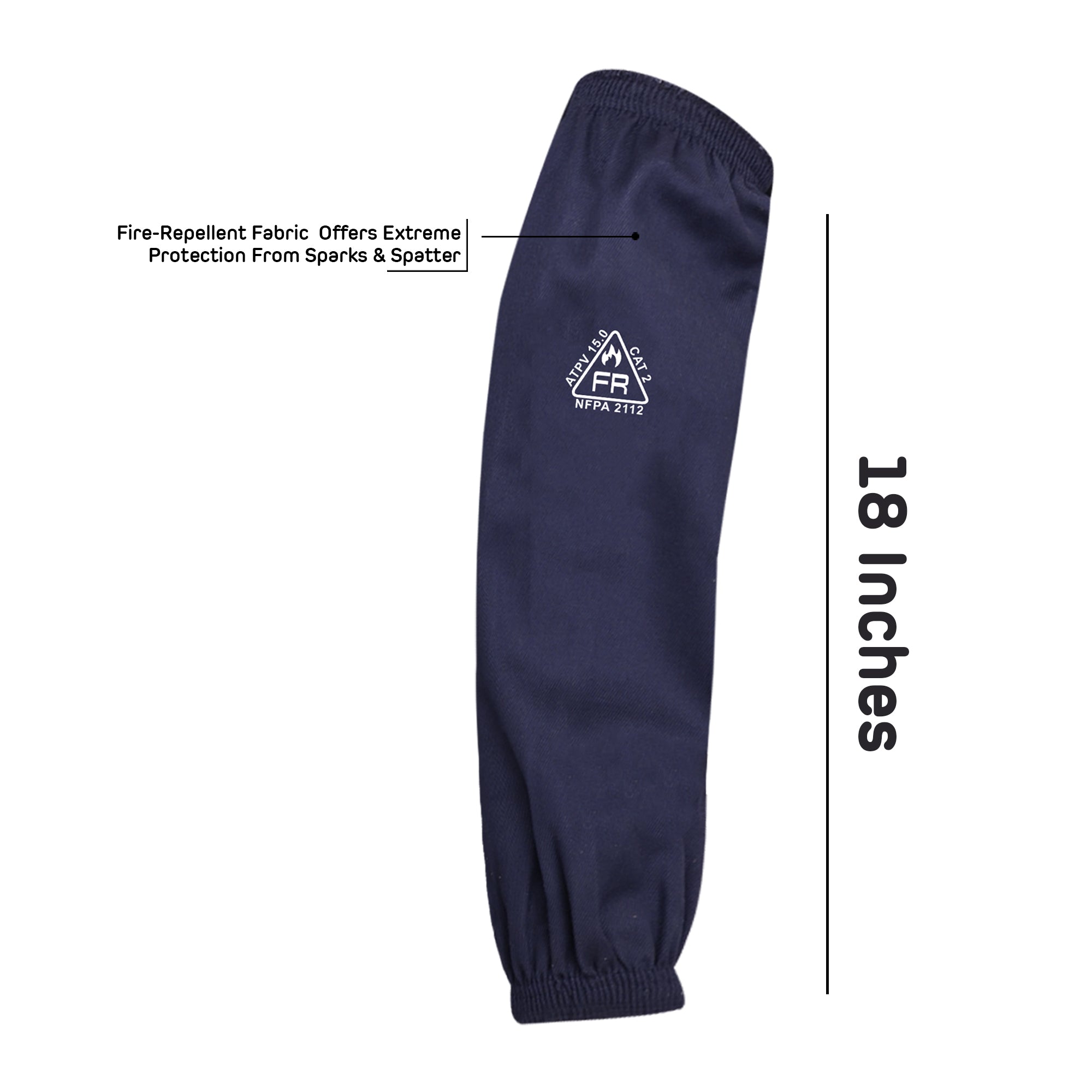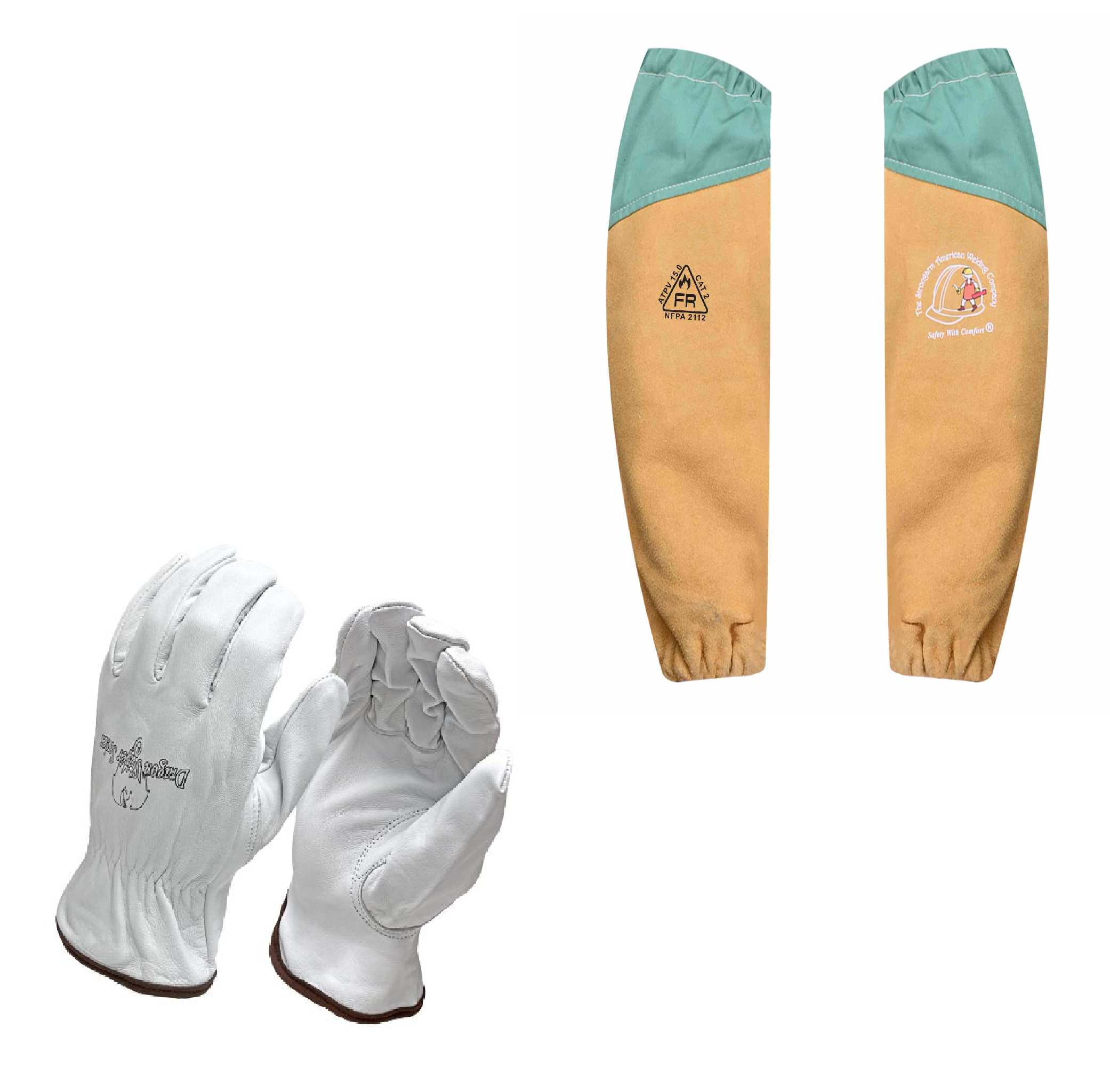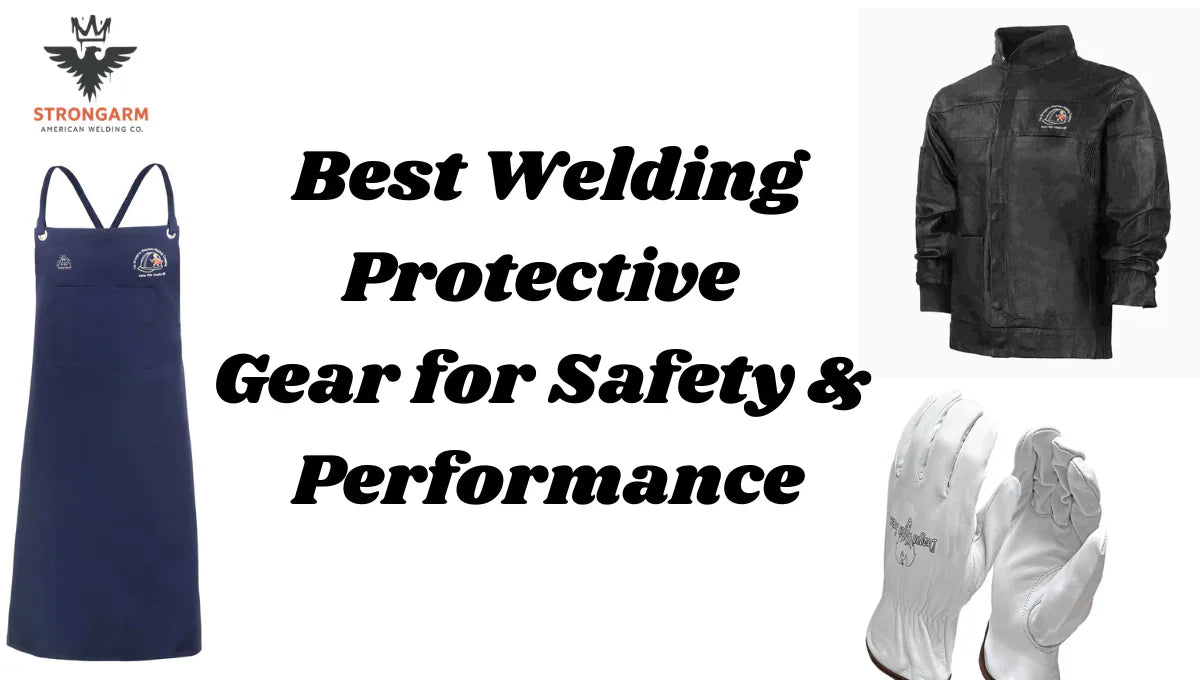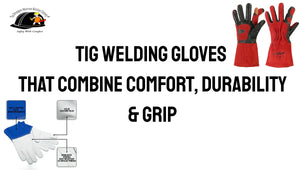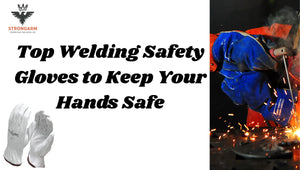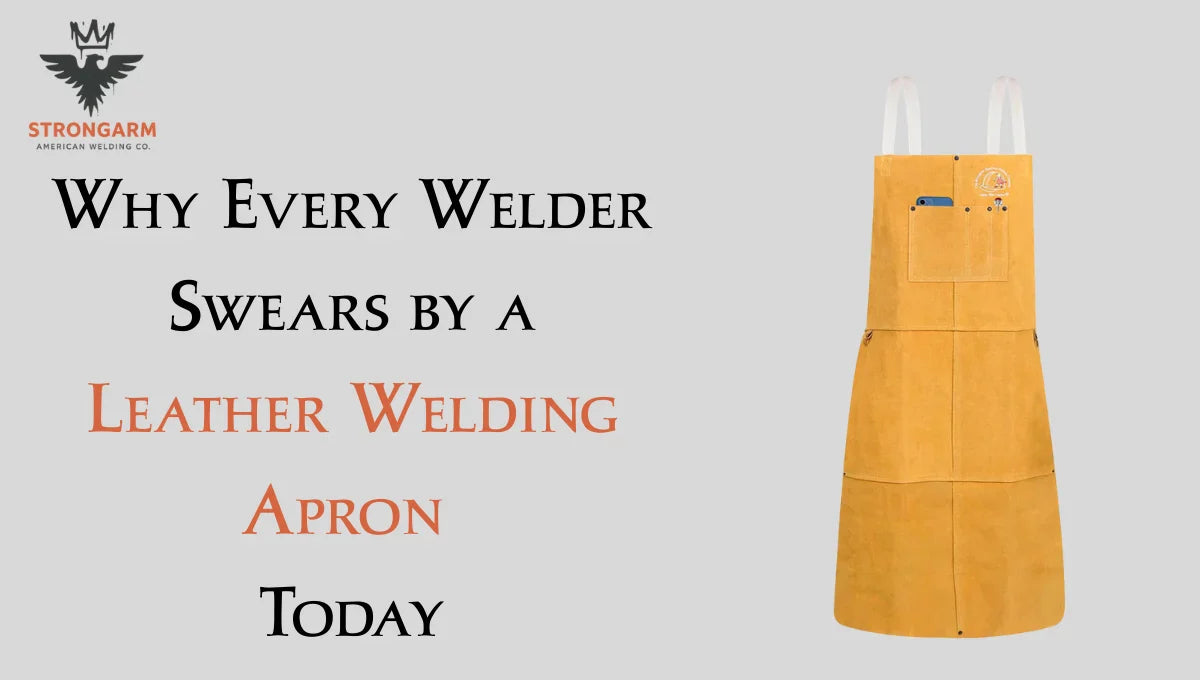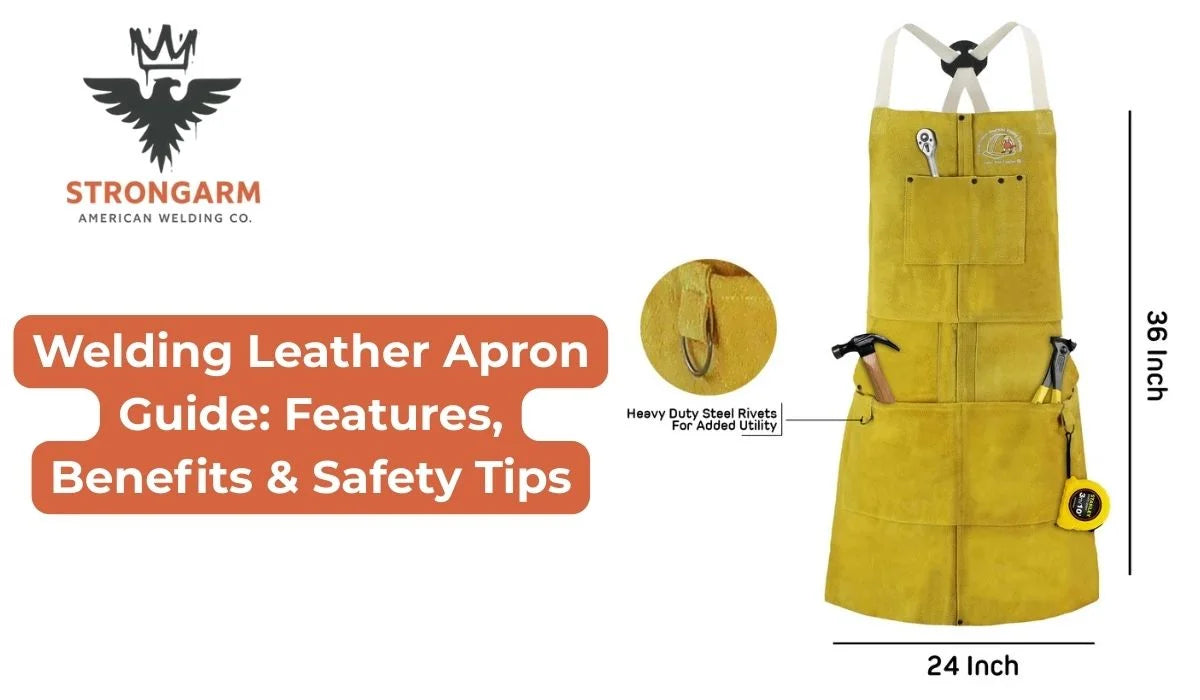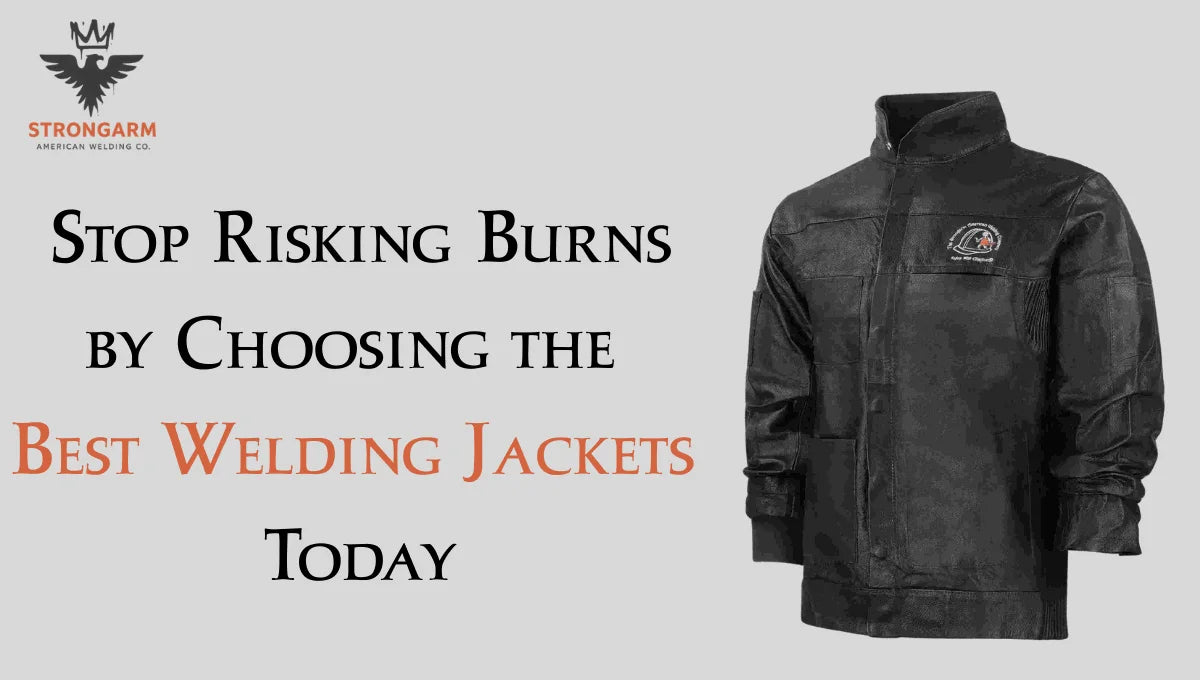When it comes to welding, safety should never be overlooked. Sparks, heat, spatter, and metal fragments are all part of the job, which makes welding protective gear an absolute necessity. The right equipment not only keeps welders safe but also helps them work with greater confidence and efficiency. From protective jackets and sleeves to aprons and gloves, every item plays a crucial role in ensuring performance and long-term safety.
At StrongArm Welding, welders can find a wide range of reliable protective gear trusted by both professionals and hobbyists. Whether it’s a Black BC-KING FR Cow Grain Work Jacket for heavy-duty projects or TIG Welding Gloves for high-precision tasks, the selection ensures safety without compromising on comfort.
Why Welding Protective Gear Matters
Every welding process brings its own risks. Exposure to heat and sparks can cause burns, while UV and infrared radiation can damage the skin and eyes. Having protective gear in place reduces these risks significantly. Sleeves, jackets, aprons, and gloves act as barriers, preventing injuries while allowing welders to stay focused on precision and quality.
Many welders often ask whether they can use the same gloves for different welding processes. The answer is simple: each process demands different performance. Comparing MIG welding gloves to TIG welding gloves is common. MIG gloves are bulkier, offering extra protection against heat and spatter, while TIG gloves are thinner and designed for control and dexterity. Choosing the right type of glove ensures maximum safety and efficiency.
Welding Sleeves and Jackets for Protection
Not every job requires a full welding jacket. In some cases, arm protection is enough, and that’s where sleeves come in. The Green FR 01 Basic Welding Sleeves 18" are a great example of lightweight gear that protects against sparks and burns while giving welders freedom of movement.
For more demanding tasks, a full jacket becomes essential. The Black BC-KING FR Cow Grain Work Jacket provides excellent durability and coverage. Made from strong materials, it withstands intense heat and spatter, making it ideal for high-heat environments. Having both options available allows welders to choose protection based on their specific job requirements.
Welding Aprons: Traditional vs. FR Options
Another important part of welding protective gear is the apron. Many welders compare a welding apron vs. an FR apron, and the choice usually depends on comfort and job type.
- Leather Welding Aprons: Known for their toughness, these aprons shield the body from sparks, heat, and molten metal. They are perfect for heavy welding tasks where maximum protection is needed.
- FR Aprons: Flame-resistant fabric aprons, such as the X-Tech BF-1 FR Blue Apron 36”, are lighter and more flexible. They provide excellent fire resistance while being easier to wear for long shifts.
By choosing the right apron, welders can balance safety with comfort, ensuring they stay protected without feeling restricted.
Gloves Designed for Every Welding Process
Welding exposes hands to the greatest risk, making gloves one of the most important safety essentials. For general welding, products like the Rockstar 0G-1 Goat Leather Driver Gloves provide excellent durability and grip. These gloves are versatile and work well in various job settings.
On the other hand, precision welding demands a different approach. TIG welding gloves are thinner, allowing for better finger control and movement. They give welders the ability to handle filler rods and torches with accuracy while still offering protection from burns. By matching the glove type to the process, welders can ensure maximum safety and performance.
Balancing Safety and Comfort
Good welding protective gear is not only about shielding against hazards; it should also be comfortable to wear for long hours. If gear feels too heavy or restrictive, welders may avoid using it, which increases risk. That’s why modern protective gear is designed to combine safety with ease of movement. Items like lightweight sleeves, flexible aprons, and snug-fitting gloves ensure welders stay protected without losing efficiency.
Another key factor is durability. Gear such as the X-Tech BF-1 FR Blue Apron 36” or the Black BC-KING FR Cow Grain Work Jacket is built to withstand repeated use in tough conditions. This reliability means welders don’t have to replace their gear often, saving costs in the long run while maintaining consistent protection.
Trusted Gear for Professional and Hobby Welders
Whether you’re working in a large industrial setting or practising as a hobbyist, the right gear is essential. Professional welders rely on high-quality items for daily use, while hobby welders often prefer lighter, easy-to-wear options that still provide strong protection. The availability of different choices, from sleeves and jackets to aprons and TIG gloves, ensures that every welder can find the right balance for their needs.
Customer Testimonials
David H. – MIG Welder
"StrongArm’s welding jackets and gloves saved me more than once on high-heat jobs. The durability is unmatched, and I feel fully protected every time I’m on site."
Maria S. – TIG Specialist
"The TIG gloves are incredibly precise yet protective. I’ve used cheaper ones before, but nothing compares to the balance of comfort and safety I get from StrongArm."
Robert K. – Fabrication Shop Owner
"I ordered aprons and sleeves for my whole team. The quality is consistent, they last much longer than other brands, and my welders feel safer and more confident."
FAQ'S
Q1: What is the most important piece of welding protective gear?
Every item plays a role, but welding gloves and jackets are considered essential since they shield against the most common risks like sparks, burns, and spatter.
Q2: Can I use the same gloves for MIG and TIG welding?
No. MIG gloves are bulkier to handle high heat and spatter, while TIG gloves are thinner to allow better precision and control. Choosing the right glove ensures safety and efficiency.
Q3: Are FR aprons as protective as leather welding aprons?
Yes, FR aprons provide excellent flame resistance and are lighter, while leather aprons give maximum durability and heavy-duty protection. The choice depends on your comfort and job requirements.
Q4: How often should welding protective gear be replaced?
Protective gear should be replaced whenever it shows signs of wear, holes, burns, or weakened seams. High-quality gear like the Black BC-KING FR Cow Grain Work Jacket or X-Tech BF-1 FR Blue Apron 36” lasts longer with proper care.
Final Thoughts
Welding is a demanding job that requires the right Personal Protective Equipment. From Green FR 01 Basic Welding Sleeves 18" to Rockstar 0G-1 Goat Leather Driver Gloves, StrongArm Welding designed to offer protection, comfort, and performance. By selecting the right combination of jackets, gloves, and aprons, welders can work with confidence knowing they are well protected.
